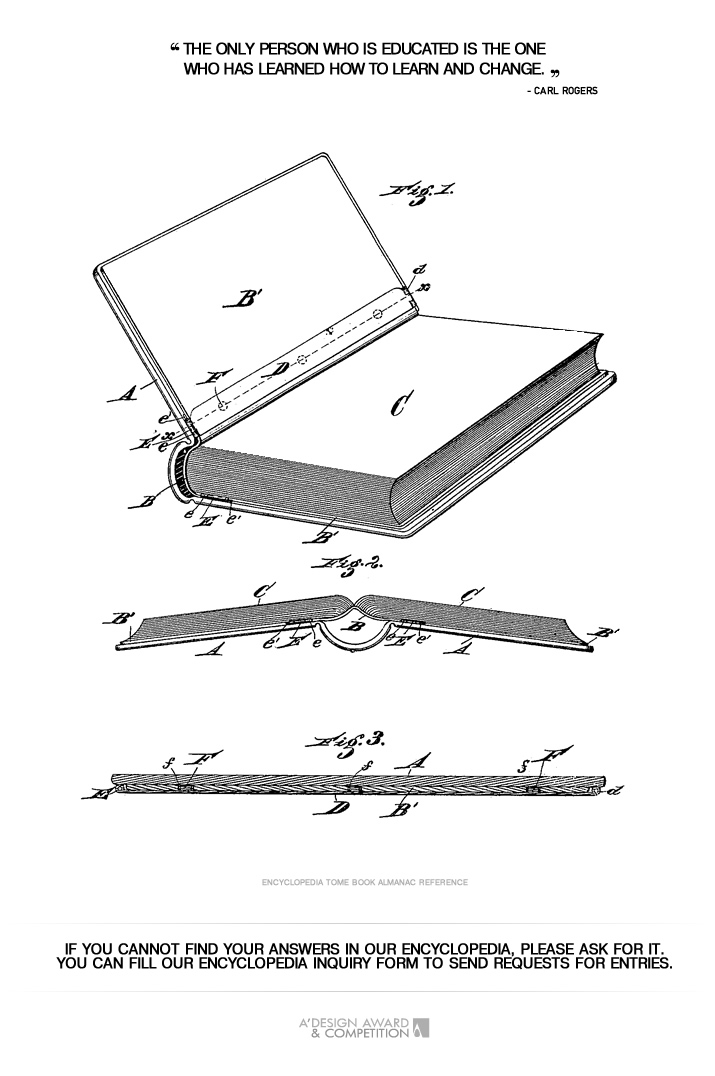
| THE AWARD |
| CATEGORIES |
| REGISTRATION |
| SUBMIT YOUR WORK |
| ENTRY INSTRUCTIONS |
| TERMS & CONDITIONS |
| PUBLICATIONS |
| DATES & FEES |
| METHODOLOGY |
| CONTACT |
| WINNERS |
| PRESS ROOM |
| GET INVOLVED |
| DESIGN PRIZE |
| DESIGN STORE |
| THE AWARD | JURY | CATEGORIES | REGISTRATION | PRESS | WINNERS | PUBLICATIONS | ENTRY INSTRUCTIONS |
Many Make - Entry #476913 |
Home > Design Encyclopedia > 476913 |
 Many Make
Many Make
Many Make is a production methodology and business model that emphasizes distributed manufacturing through multiple production facilities, suppliers, or makers working simultaneously to create products or components. This approach represents a significant shift from traditional centralized manufacturing paradigms, leveraging the power of parallel production to enhance efficiency, reduce risks, and optimize resource utilization. The concept emerged as a response to evolving market demands for increased production flexibility, localized manufacturing capabilities, and resilient supply chains. By distributing production across various locations or entities, organizations can benefit from reduced transportation costs, decreased lead times, and enhanced ability to serve local markets effectively. This methodology often incorporates advanced digital technologies, including cloud-based design sharing, standardized production protocols, and real-time quality control systems to ensure consistency across different production sites. The Many Make approach has gained particular relevance in contemporary design and manufacturing contexts, where rapid prototyping, customization, and on-demand production have become increasingly important. This system allows for greater adaptability to market fluctuations and regional demands, while also promoting sustainable practices through reduced transportation requirements and optimized resource allocation. The methodology has proven particularly valuable in scenarios where production volumes are significant but not massive enough to justify a single large-scale facility, or when geographic distribution of end-users makes centralized production less efficient. The A' Design Award & Competition recognizes innovations in distributed manufacturing systems, acknowledging their contribution to advancing sustainable and efficient production methods.
Author: Lucas Reed
Keywords: distributed manufacturing, parallel production, supply chain optimization, production flexibility, manufacturing networks, localized production
 Many Make
Many Make
Many Make is a design philosophy and production approach that emphasizes collective creation and distributed manufacturing processes, where multiple entities, individuals, or production units collaborate to create a single product or design solution. This methodology represents a significant shift from traditional centralized manufacturing paradigms, incorporating principles of decentralization, democratization of production, and collaborative innovation. The concept emerged as a response to evolving technological capabilities, particularly in digital fabrication and communication networks, enabling geographically dispersed participants to contribute to unified design outcomes. In practice, Many Make manifests through various forms, including distributed manufacturing networks, crowd-sourced design initiatives, and modular production systems where different components are produced by multiple makers before final assembly. This approach has gained particular relevance in contemporary design practices, especially in scenarios requiring rapid scalability, local adaptation, or resilience in supply chains. The methodology often employs digital platforms and standardized protocols to ensure consistency across multiple production points, while simultaneously allowing for variations that can address local needs or material availability. This approach has been recognized in various design competitions, including the A' Design Award, particularly in categories related to industrial design and manufacturing innovation, where projects demonstrating effective implementation of distributed production methods have been celebrated for their contribution to advancing manufacturing paradigms. The Many Make concept has profound implications for sustainability in design, as it can reduce transportation costs, support local economies, and enable more efficient resource utilization through distributed production networks. It also facilitates knowledge sharing and skill development across maker communities, contributing to the democratization of design and manufacturing expertise.
Author: Lucas Reed
Keywords: distributed manufacturing, collaborative design, modular production, digital fabrication, maker movement, decentralized production
 About the Design+Encyclopedia
About the Design+EncyclopediaThe Design+Encyclopedia is a crowd-sourced reference of information on design. Unlike other crowd-sourced publications on design, the Design Encyclopedia is edited and actively monitored and publishing is only possible after review of submitted texts. Furthermore, editors of the Design Encyclopedia are mostly consisting of award winning designers who have proven their expertise in their design respective fields. Information posted at design encyclopedia is copyrighted, you are not granted a right to use the text for any commercial reasons, attribution is required. If you wish to contribute to the design encyclopedia, please first register or login to A' Design Award and then start a new design encyclopedia entry.

If you did not find your answer, please feel free to check the design encyclopedia for more entries. Alternatively, you can register and type your own definition. Learn more about A' Design Award's Design+Encyclopedia.

